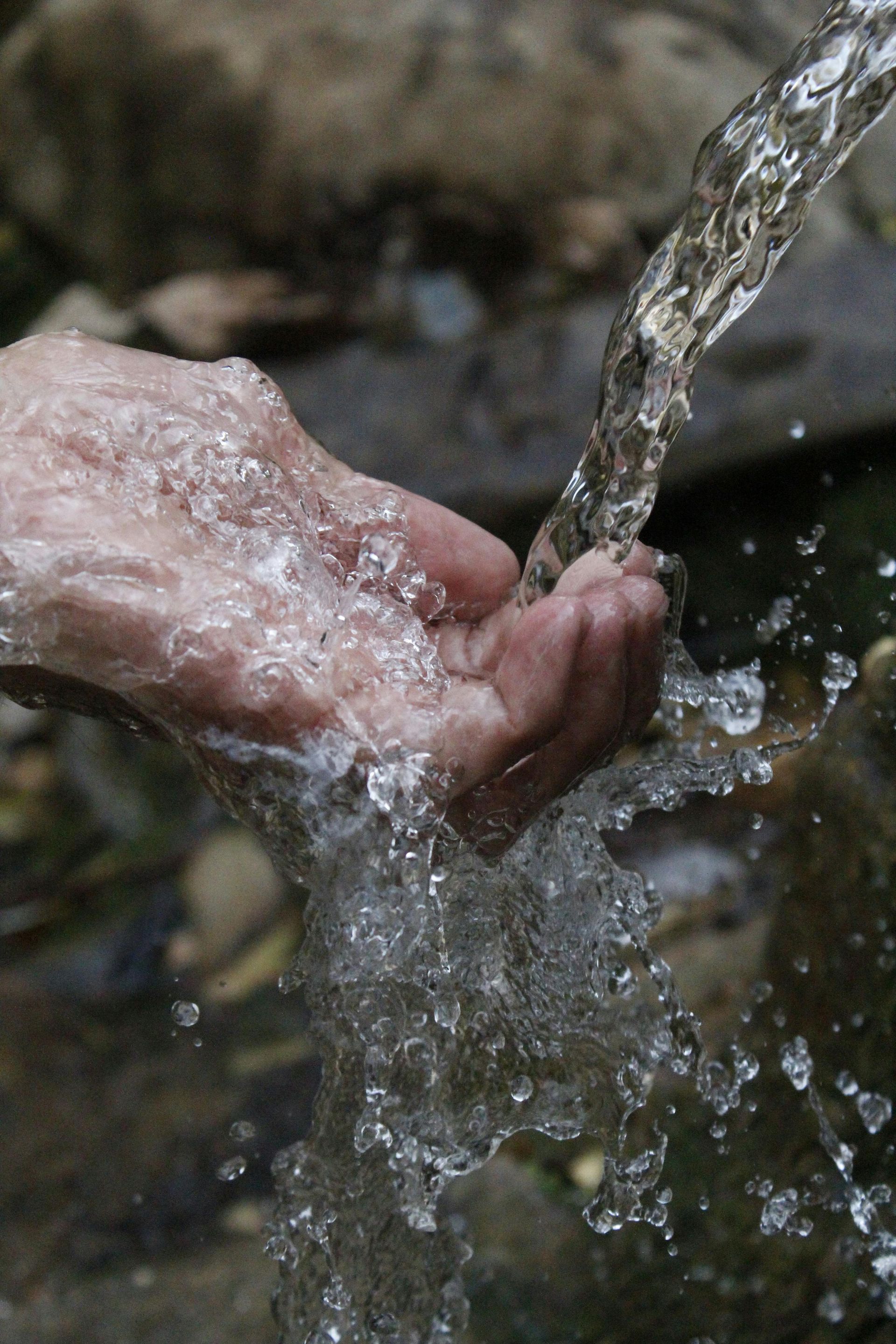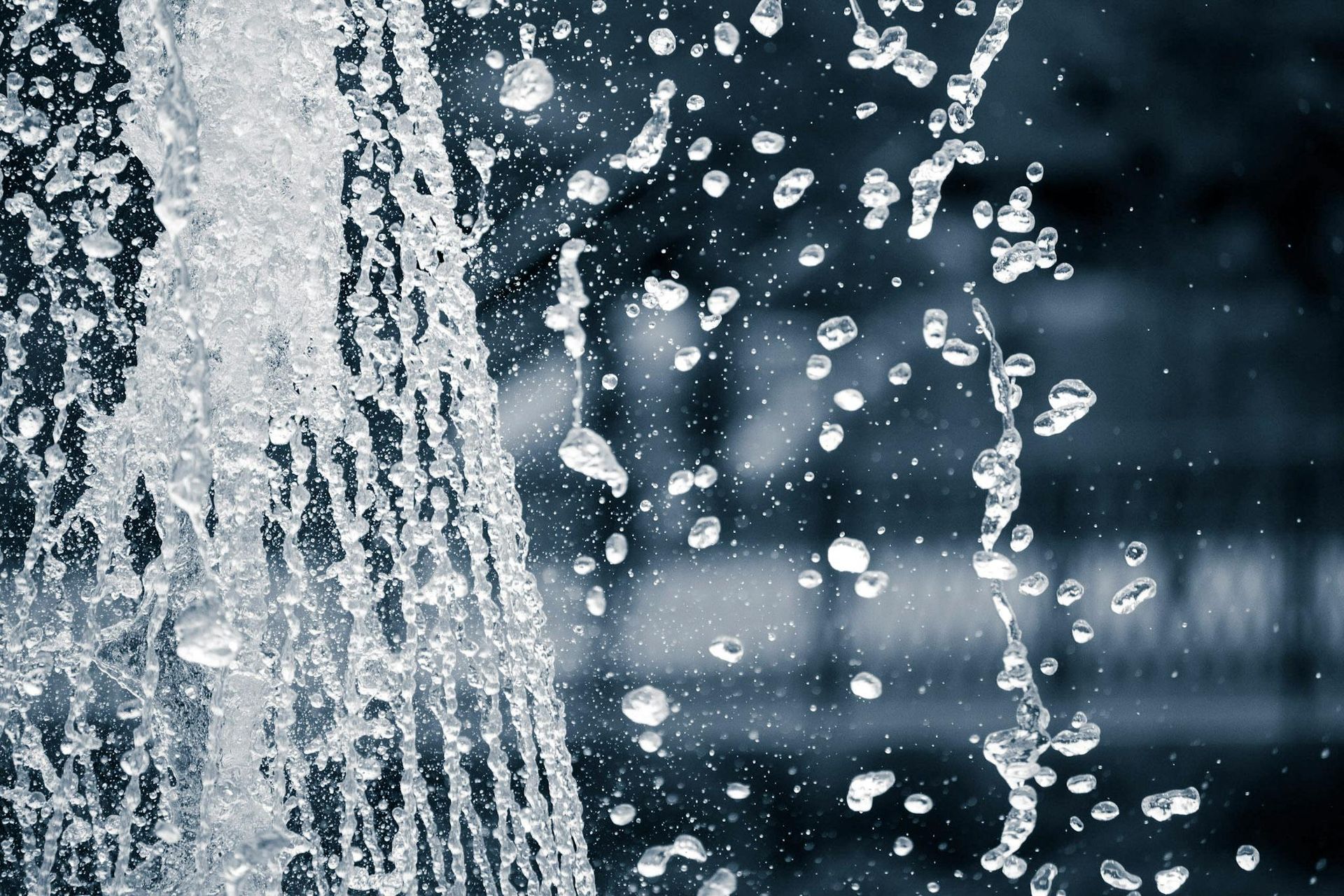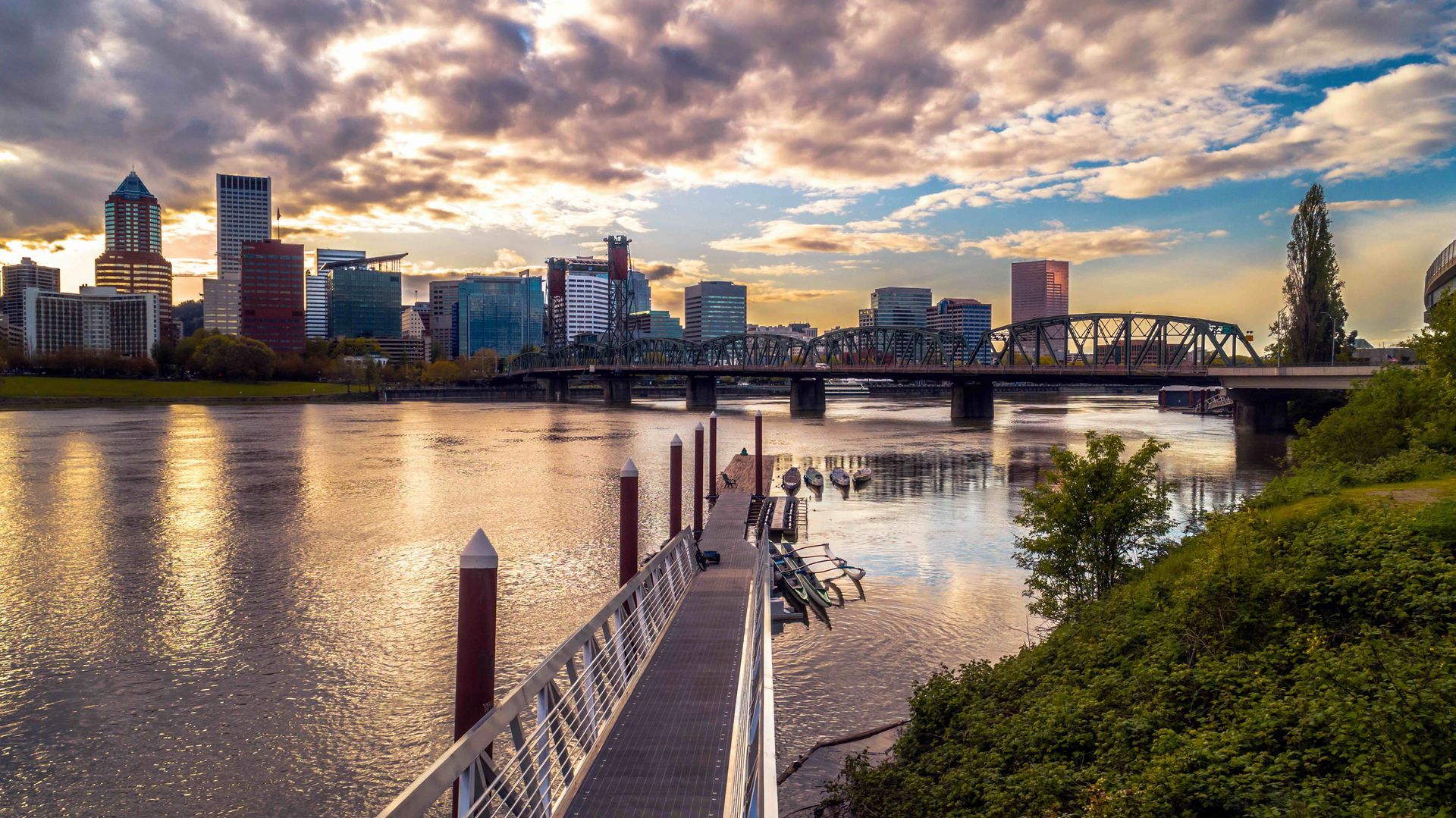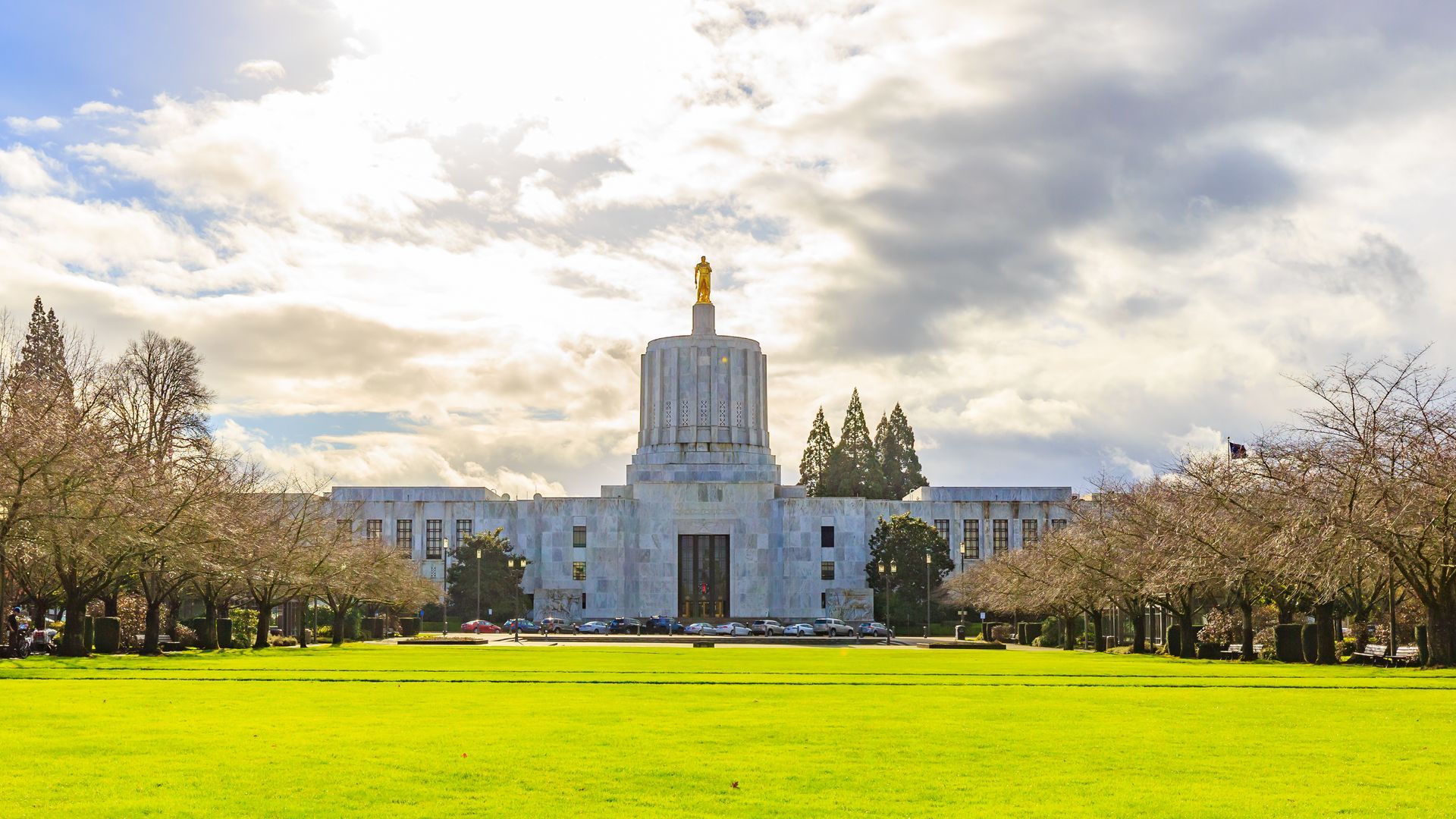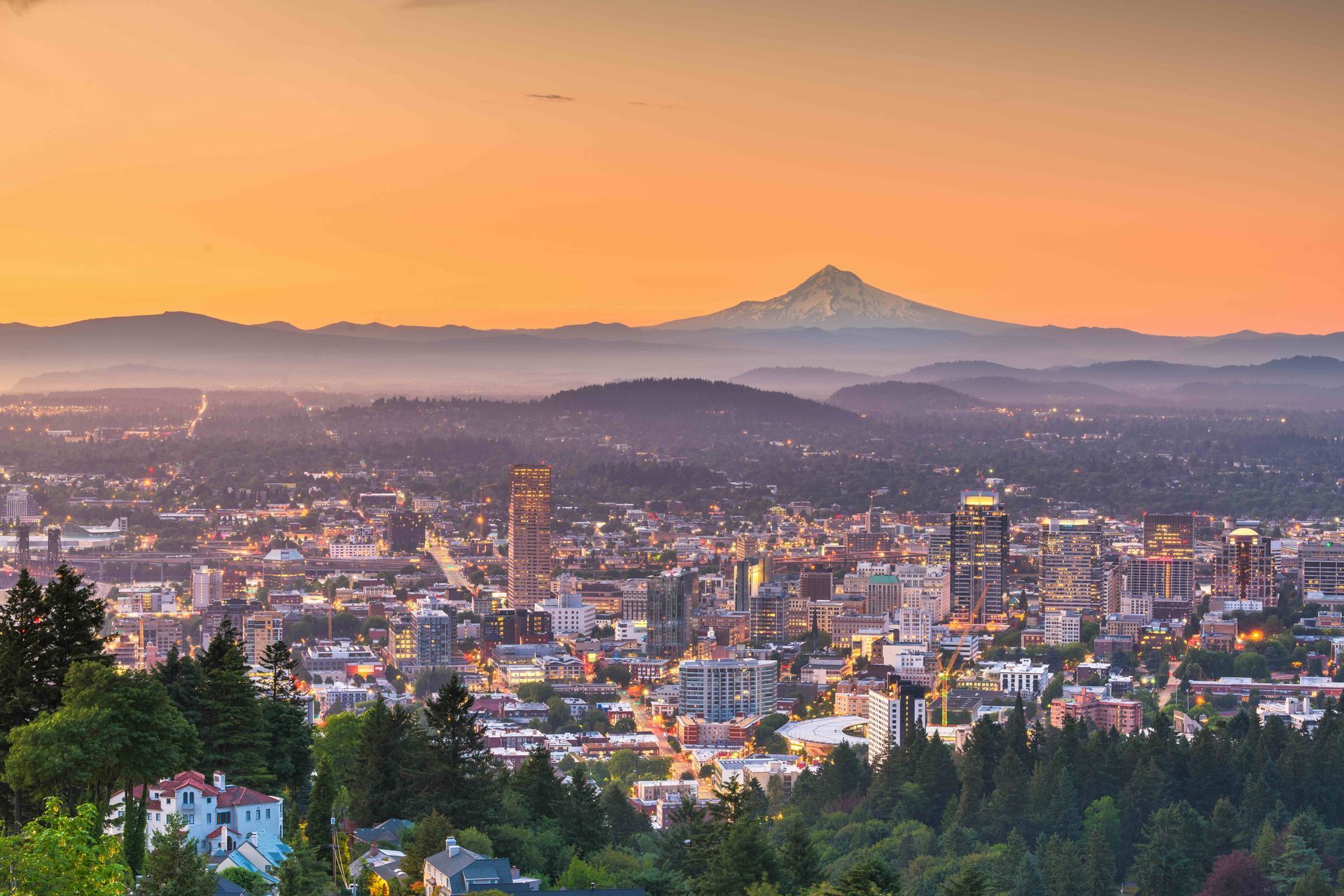Environmental Law for Portland Startups and Investors
Portland, Oregon, is often described as an area of natural beauty. Coupled with the state's commitment to developing sustainable and eco-conscious practices, business startups and investors are required to comply with environmental laws and regulations if they want to grow their businesses and succeed.
Whether you're launching a new enterprise, investing in local development, or expanding an existing business, it's essential to understand Oregon's environmental laws and how they can impact your business venture to demonstrate a commitment to the values of your state's community.
At Law Office of Frank Hammond, we strive to help you understand your rights and obligations for complying with federal and state environmental law.
Why Environmental Compliance Matters for Startups and Investors
Portland has built its reputation as an innovative and environmentally conscious city. This reputation adds significant value to businesses that align with the community's environmental ethics, but it also denotes certain legal responsibilities.
For startups, understanding state and local environmental laws can prevent costly delays in operations or the loss of public trust if violations occur. For investors, performing your due diligence regarding the environmental impact of the projects you fund is essential to mitigate potential financial and reputational risks.
Businesses that fail to comply with Oregon’s environmental regulations could potentially be subject to fines, lawsuits, and permit delays. More importantly, a tarnished reputation due to environmental violations could alienate customers and partners in a region where eco-consciousness is commonly and positively viewed.
Key Environmental Laws and Regulations in Oregon
Oregon has stringent environmental laws that are designed to protect its lands, water, and ecosystems. These laws and regulations place responsibility on businesses and investors to act sustainably and responsibly. Some of the primary environmental laws startups and investors should be aware of include the following.
Air Quality Regulations
The Oregon Department of Environmental Quality (DEQ) requires businesses that may produce potential air emissions to obtain appropriate air quality permits. For Portland startups in manufacturing, food processing, or similar industries, understanding these regulations and applying for permits is critical. Failure to do so can lead to fines, operational halts, and negative public perception.
Water Quality and Wetlands Protection
Water quality is another significant area of concern. If your startup or investment project involves stormwater discharge, construction near wetlands, or any activities that may impact surface or groundwater quality, you're likely subject to both federal and state water quality regulations.
Oregon is particularly proud of its rivers and watersheds. Therefore, startups and investors are required to comply with Section 401 permits under the Clean Water Act, as well as local DEQ stormwater and wastewater permits. Attorney Frank Hammond is experienced in handling water quality cases and can help identify project-specific requirements that might require federal or state permits.
Land Use and Development Restrictions
Portland and the surrounding areas in Oregon have strict land-use planning laws, primarily governed by the Oregon Department of Land Conservation and Development. Startups and investors looking to construct new facilities or repurpose existing ones must ensure compliance with zoning regulations and environmental requirements aligned with land conservation goals.
Oregon’s urban growth boundaries play a critical role in determining where development is permissible. Attorney Frank Hammond is skilled in helping businesses understand land use and development regulations and secure the necessary approvals to mitigate business and environmental risks.
Hazardous Waste Compliance
Oregon enforces rigorous standards for hazardous material use, storage, and disposal. Startups dealing with chemicals or waste are required to comply with the state’s Resource Conservation and Recovery Act (RCRA) equivalent requirements.
At our firm, our goal is to work closely with businesses to develop strategies for safe management practices, avoid enforcement actions, and help ensure sustainability throughout their operations.
Local Renewable Energy and Sustainability Initiatives
Oregon, and Portland in particular, has taken bold strides in encouraging renewable energy and sustainability initiatives. Startups focusing on clean energy or sustainable practices may even benefit from local and state grants, tax credits, and incentives.
However, accessing these opportunities requires businesses and investors to comply with strict environmental standards and to have a clear understanding of the eligibility criteria. At Law Office of Frank Hammond, we strive to help startups and investors understand the state's environmental regulations and take proactive steps to integrate sustainability into their business practices.
Environmental Challenges for Portland Startups
Portland’s thriving entrepreneurial community often intersects with the city’s equally strong environmental advocacy. While this enables a supportive ecosystem for green businesses, it also means heightened scrutiny for companies that fail to align with environmental goals. Businesses seeking to expand in Portland often face unique challenges, such as the following:
- Community pushback: Portland residents are vocal about environmental concerns, particularly when it comes to industrial development or activities that might disrupt ecological balance.
- Sustainability expectations: Startups are expected to integrate sustainability into their core operations. Transparency in environmental compliance and proactive green initiatives commonly stand out in Portland’s competitive market.
- Layered regulations: Oregon startups must comply not only with state and federal laws but also local regulations specific to Portland and Multnomah County.
To understand and overcome these challenges, startups and investors will require a well-informed strategy paired with the guidance of a skilled attorney who understands Portland’s environmental and business landscape.
How Our Firm Can Help
At Law Office of Frank Hammond, we work closely with Portland-based startups and investors to make sure they comply with environmental laws and regulations while fostering innovation and growth. Some of the ways our firm can help provide value include:
- Comprehensive compliance review: We strive to help identify applicable environmental regulations and make sure startups and projects remain compliant throughout every stage, from permitting to daily operations.
- Sustainable business planning: We help businesses develop strategies that integrate sustainability into their core operations. From waste management plans to sustainable supply chain practices, we strive to provide the legal foundation for eco-conscious decision-making.
- Risk assessment and due diligence: Mitigating risk is crucial for investors. Our attorney can help conduct thorough due diligence on potential investments and assess environmental liabilities and compliance histories to better protect your business interests.
- Permit applications and approvals: We are experienced in guiding clients through the application, assessment, and approval stages to help minimize delays and complications.
- Advocacy and community representation: If your project encounters pushback from local communities or advocacy groups, we can help mediate and advocate for your startup’s goals while promoting transparency and environmental responsibility.
Moving Forward with Innovative and Sustainable Practices
Portland’s vibrant economy thrives on innovation and sustainability. For startups and investors, those two qualities must go hand in hand. By aligning your business practices with Oregon's environmental laws, you can position yourself to comply with legal standards and build credibility in the eyes of customers, partners, and community members.
At Law Office of Frank Hammond, we understand that understanding Oregon can feel overwhelming. From local development regulations to state permitting requirements, the established laws and regulations are intricate. However, you don’t have to face these challenges alone. We strive to provide experienced guidance and advocacy tailored to your individual needs.
If you're ready to move forward with your Portland-based startup or investment, contact us today for help ensuring compliance with Oregon environmental law. Located in Portland, Oregon, we serve clients throughout the surrounding areas.
